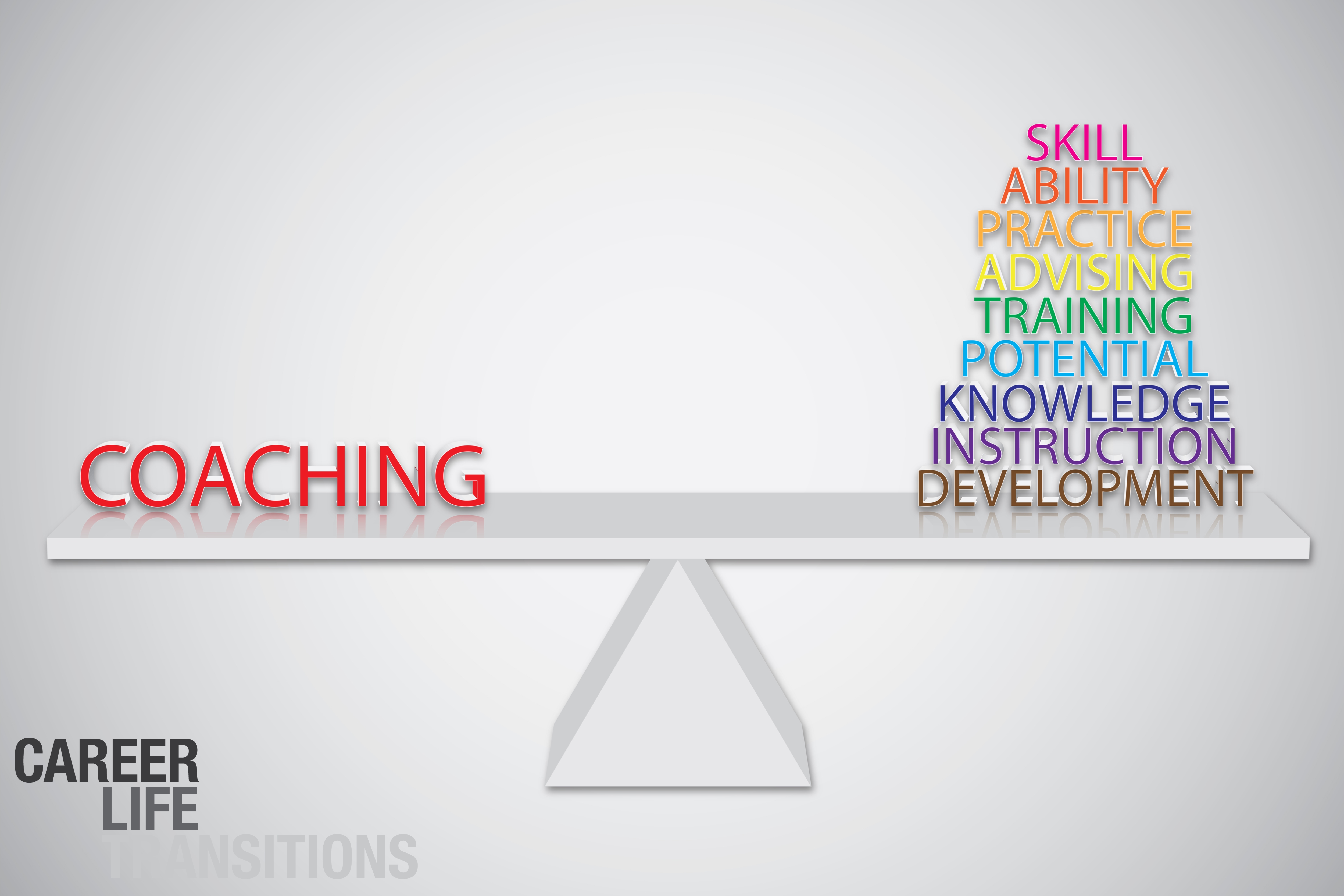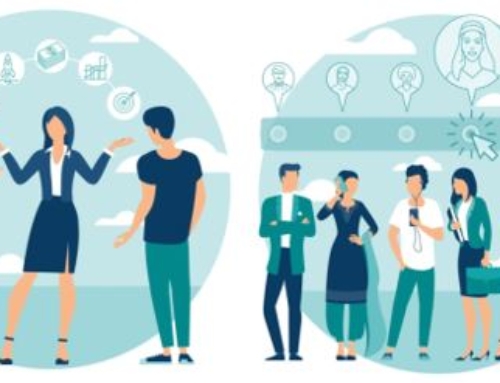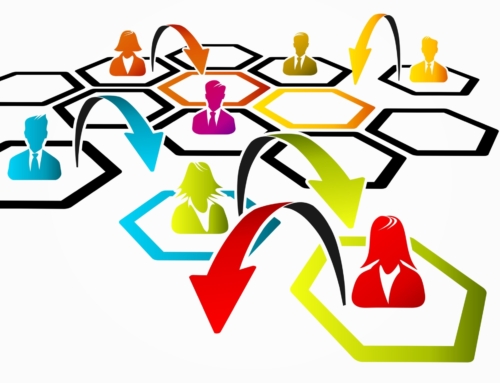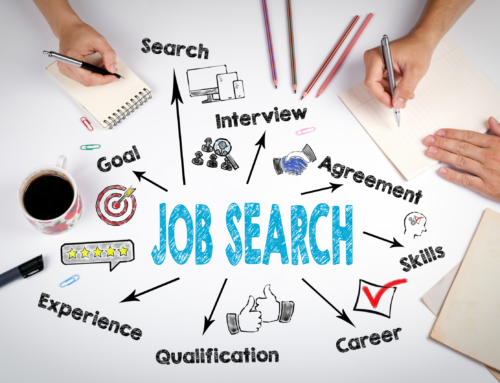As a coach I’m aware that there are 4 key areas I‘m asked to assist people through:
1. Coaching for individual behaviour
2. Coaching for interactive behaviours
3. Coaching to convert knowledge to action
4. Coaching to solve a problem, make a decision or choose a new pathway.
These requests either come from the individual or the organisation.
We all need, at some stage or another,
someone to bounce ideas off and solicit input from,
to help us work through challenges.
Your family or friends are not always the best especially if you’re looking to make a change, they will always come with their own biases and ideas.
Coaching for individual behaviour may not always be a starting point but it is the basis for all human interactions ‘know thy self’. Your contribution to how you got where you are or how to move from where you are is undeniable (although there are those who would like to blame others), so self-understanding is always a great starting point.
Understanding your blind spots, repeated behaviours, biases,
tendencies, focuses etc are all
great places to start the journey of self-discovering.
They are also a great place to better understand how you relate to others.
Coaching for interactive behaviours plays a big part in the coaching work we do, whether it is a great technical person who has trouble relating to their team or a newly promoted manager, or even someone the organisation would like to promote. Quite frequently, people train for years to develop their technical skills and find themselves promoted into a management role without any training in people skills (the assumption being that, as a human, you automatically can relate to and understand other humans)
We believe people go to work to do the best they can, however, poor interaction and communications can sometimes lead to a misinterpretation of those best intentions that’s where the problems mostly lay. I remember having a coachee sobbing and asking me why her work colleagues couldn’t see she’s trying her hardest for their benefit. Many people just have no idea how their behaviour impacts other people and when they’re in a management or leadership role, no one is going to tell them, they just leave.
One of the other areas where we’re asked to support people is in converting knowledge into capability. It takes time, patience, support and focus to take new knowledge and perfect it in the work place. Many times this new knowledge may be based on changes they’d like to make in their behaviour, other times it may be rolling out a program or project that’s new to them.
Developing technical capabilities tends to be a lot easier to implement than the behavioural changes however, which tend to be complex and challenging due to the nature of human interactions. This is where coaching really comes into its own.
Coaching to solve a problem or make a decision is providing the coachee with frameworks, and models, or helping them through various scenarios, challenging their thinking, clarifying their assumptions and working with them to come to a conclusion.

If you are faced with any of these challenges, a coach may be your answer, we assisted a senior person the other day make a breakthrough in her thinking and her comment was
“ I know you must hear this all of the time… why didn’t I push the CEO for a formal coaching process earlier!”
Coaching will accelerate breakthrough thinking and support your personal development. It makes better leaders, better managers and better people.
Career Life Transitions has extensive experience in skills assessment, leadership development, organisational restructures and organisational cultural assessment and development. For further information, how we can help transform your business and it’s people, please contact us.














Dr Susan Roberts says: